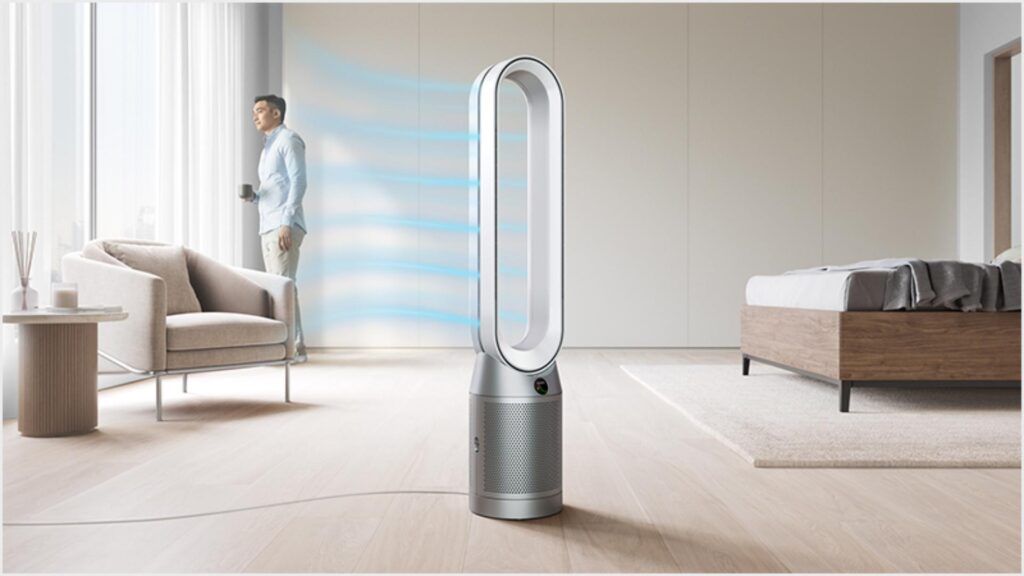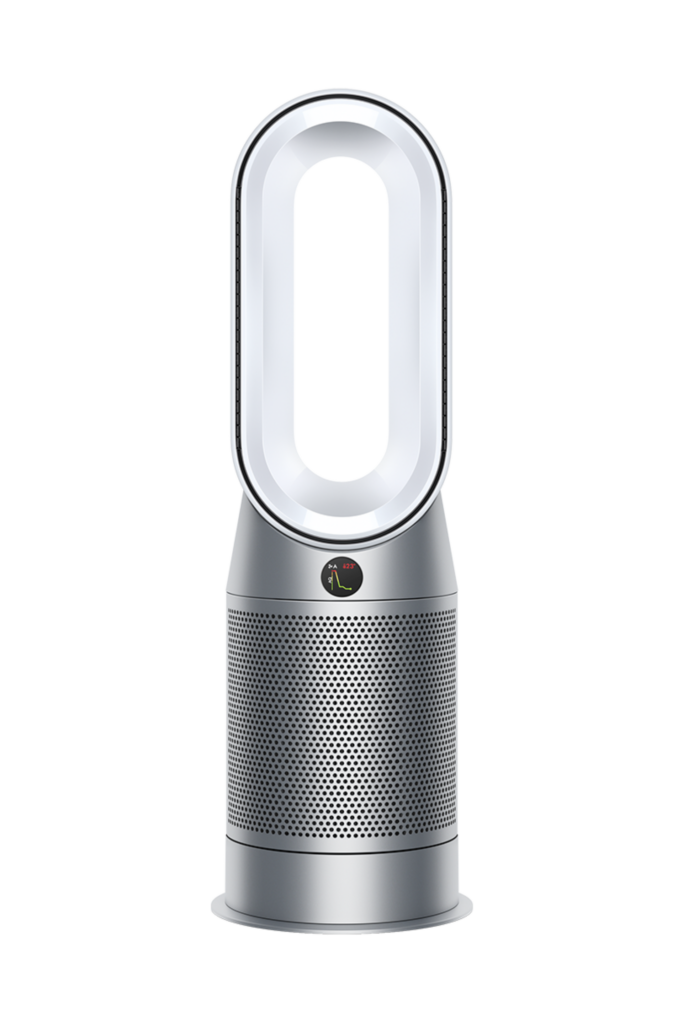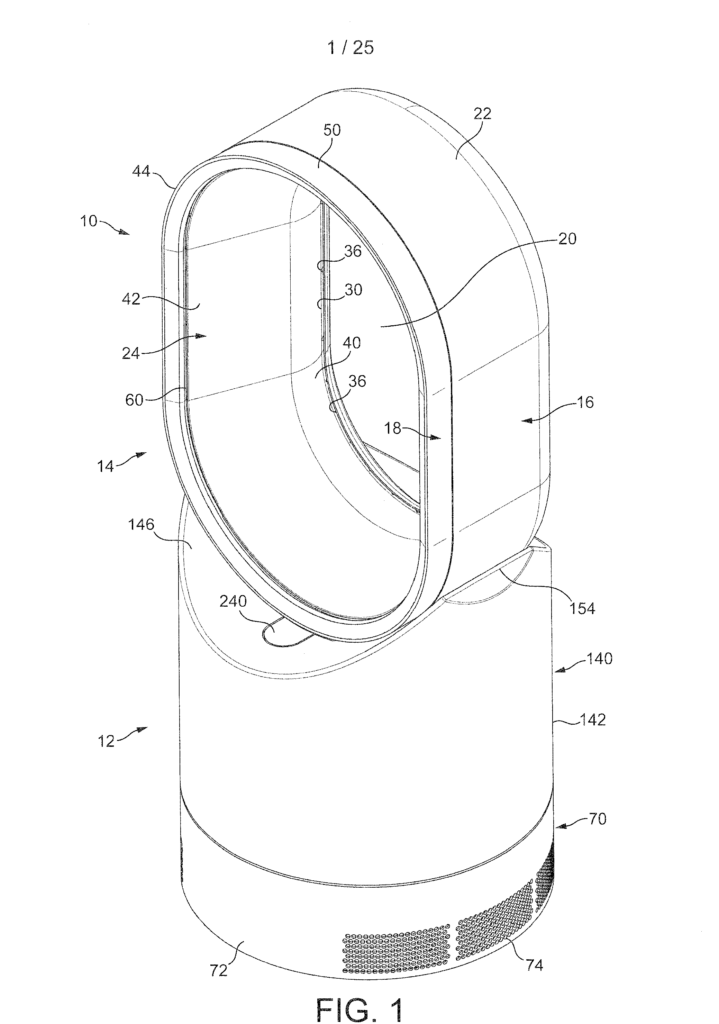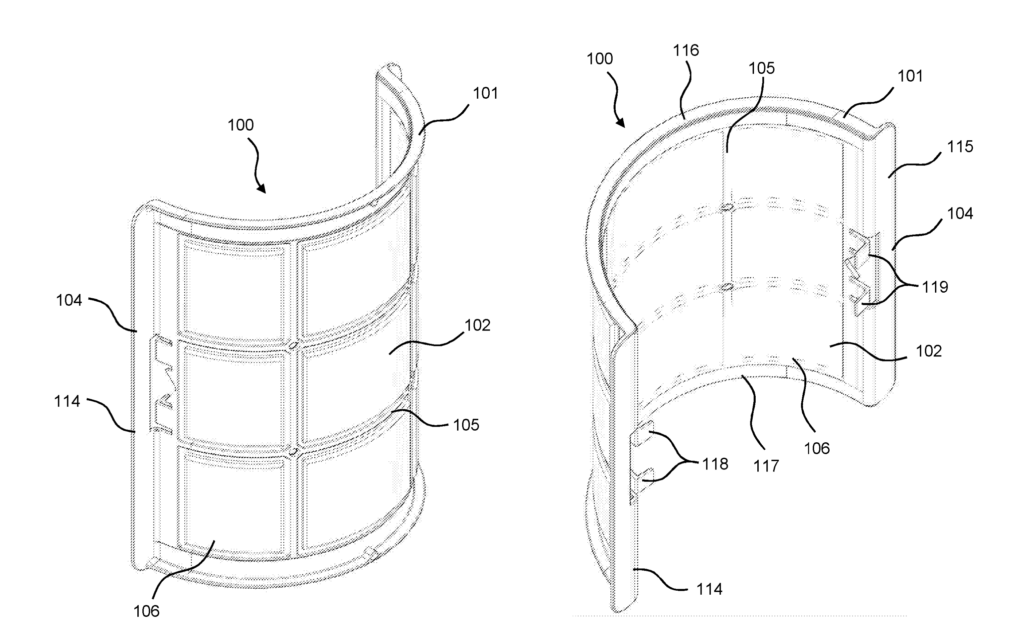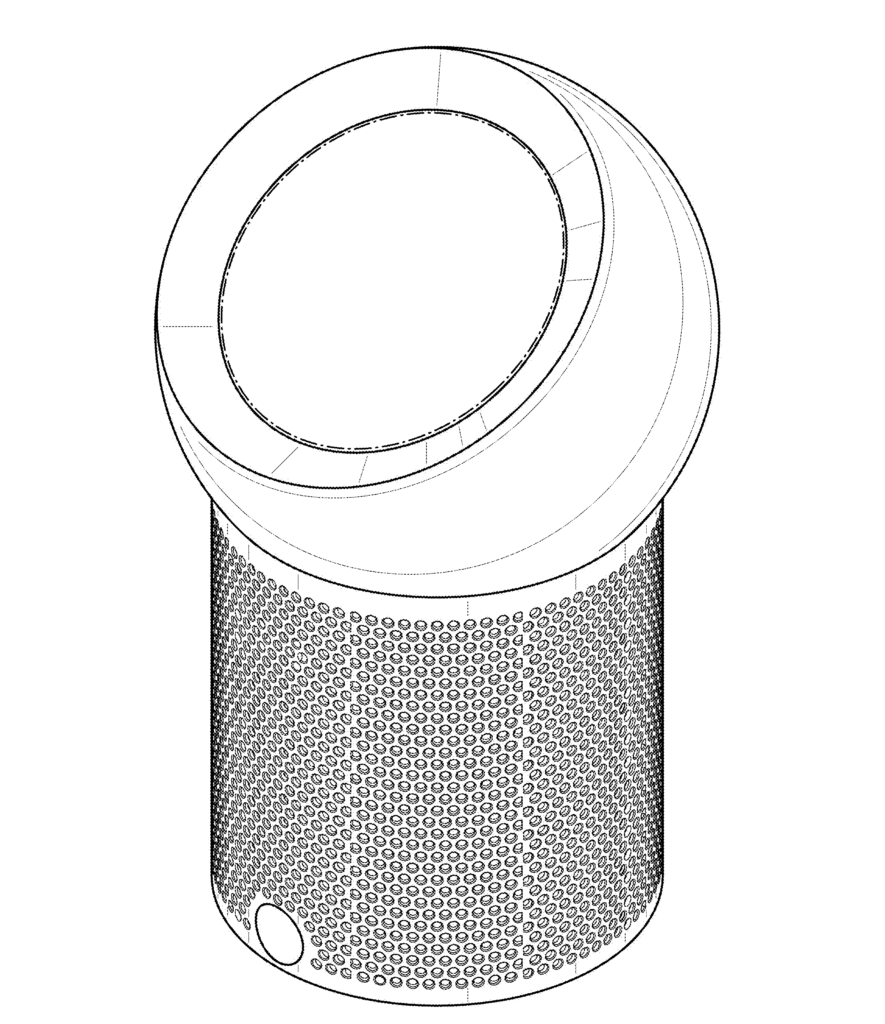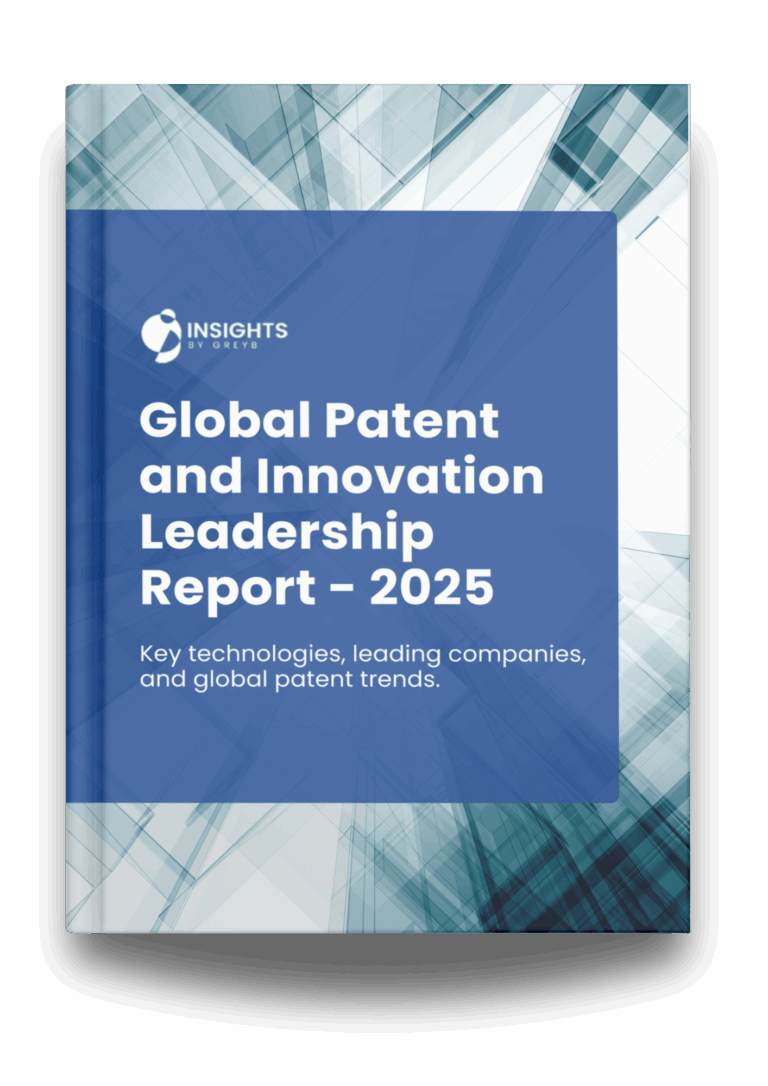The Dyson Air Purifier is a cutting-edge device designed to clean the air in your home by removing dust, allergens, and pollutants. Using advanced HEPA and activated carbon filters, it captures 99.97% of particles, including bacteria and harmful gases. It also features Dyson’s bladeless fan technology, making it quiet and safe.
Image Credit: Source
Recently, Dyson has introduced new models that come with enhanced features, such as intelligent sensors to monitor air quality in real-time and automatically adjust purification settings. Dyson has also announced plans to expand its air purifier range, focusing on even more energy-efficient models.
Image Credit: Source
Working Principle
The Dyson Air Purifier operates on a combination of advanced filtration technology and intelligent sensing mechanisms to ensure cleaner air in homes. Key components and technologies include:
360° Glass HEPA Filter: Dyson air purifiers are equipped with a 360-degree HEPA filter that captures 99.97% of particles as small as 0.3 microns, including allergens, dust, mold spores, bacteria, and pet dander.
Activated Carbon Filter: The activated carbon layer works to remove gases like volatile organic compounds (VOCs) and odors, providing comprehensive air cleaning.
Air Multiplier Technology: Dyson’s signature Air Multiplier™ technology amplifies surrounding air, projecting purified air throughout the room for continuous circulation.
Intelligent Sensors: Dyson air purifiers have sensors that continuously monitor air quality and automatically adjust airflow to maintain optimal indoor air conditions.
Oscillation and Cooling: Many Dyson models also oscillate to distribute purified air across a wider area and function as cooling fans, enhancing indoor comfort during warmer months.
Key Patents behind Dyson Air Purifier:
GB2510196A: This patent describes an air treatment device with a bladeless fan assembly that utilizes Coandă effect airflow technology. It efficiently projects purified air without visible blades, making the device safer and quieter compared to traditional fans.
GB2584410A: This patent outlines Dyson’s advanced filter system that combines multiple filtration stages (HEPA and carbon) with enhanced sensor capabilities. It ensures automatic detection and purification of airborne contaminants while optimizing airflow for maximum coverage.
USD890902S: A design patent that covers the unique, aesthetically pleasing appearance of the Dyson air purifier. It describes the sleek, bladeless design, which is now a hallmark of Dyson products.
Companies Working on Similar Product:
Several companies compete in the air purification market, offering products with similar technology to Dyson’s air purifiers. Philips, Blueair, and Levoit are prominent players, utilizing HEPA and activated carbon filters, along with intelligent sensors, to improve indoor air quality and remove pollutants effectively.
Conclusion
Dyson continues to lead the market with its combination of advanced filtration technology, intelligent sensors, and innovative bladeless design. The patents protecting their technology ensure that Dyson remains at the forefront of air purification, offering products that are not only efficient but also aesthetically pleasing and safe. Competitors like Philips, Blueair, and Levoit are also advancing in the market, but Dyson’s unique combination of features makes it a standout choice for consumers seeking comprehensive air purification solutions.
What other companies are filing patents in the air purifier space? Request a patent landscape around Dyson’s innovative technology by filling out the form below:

